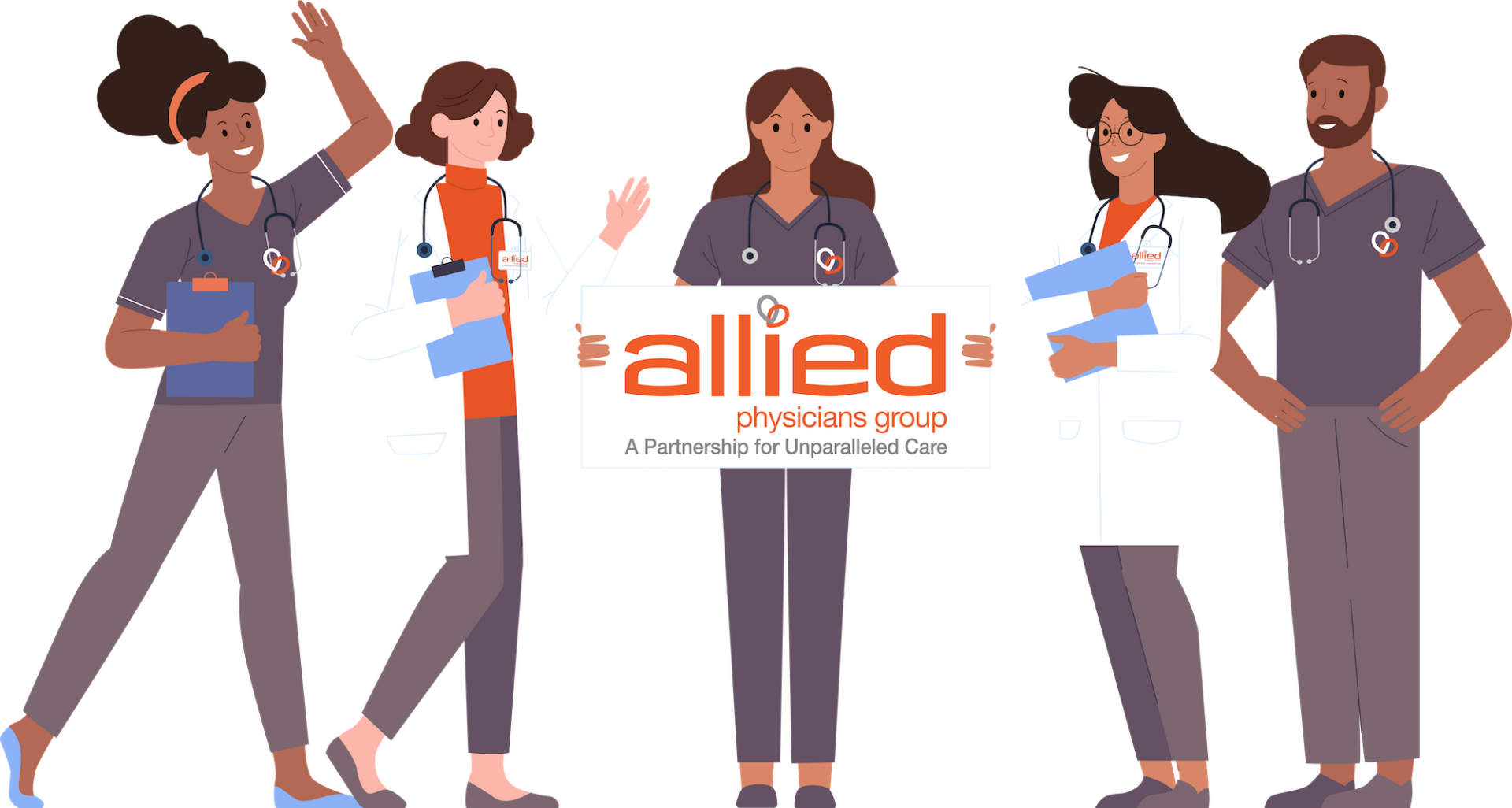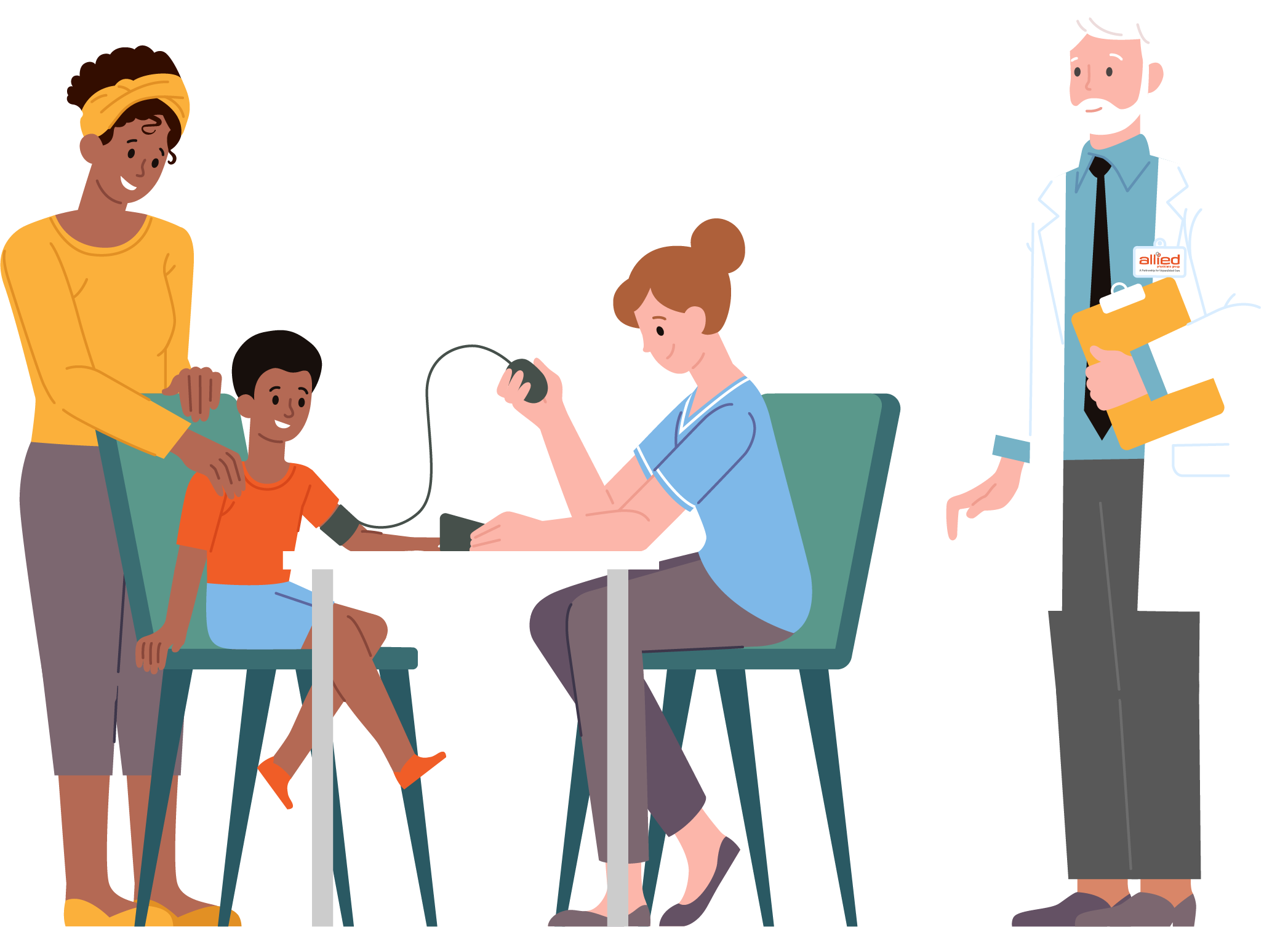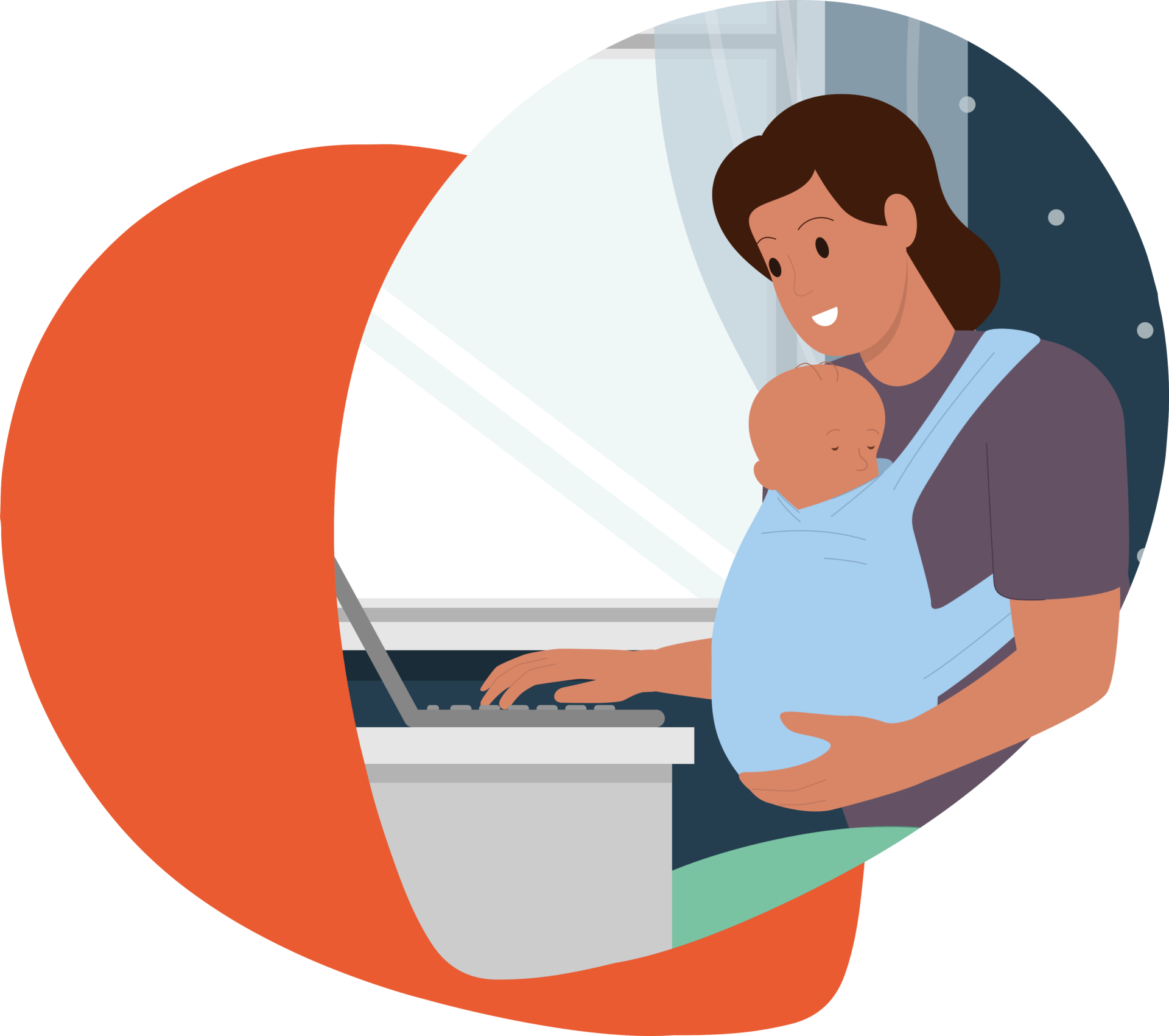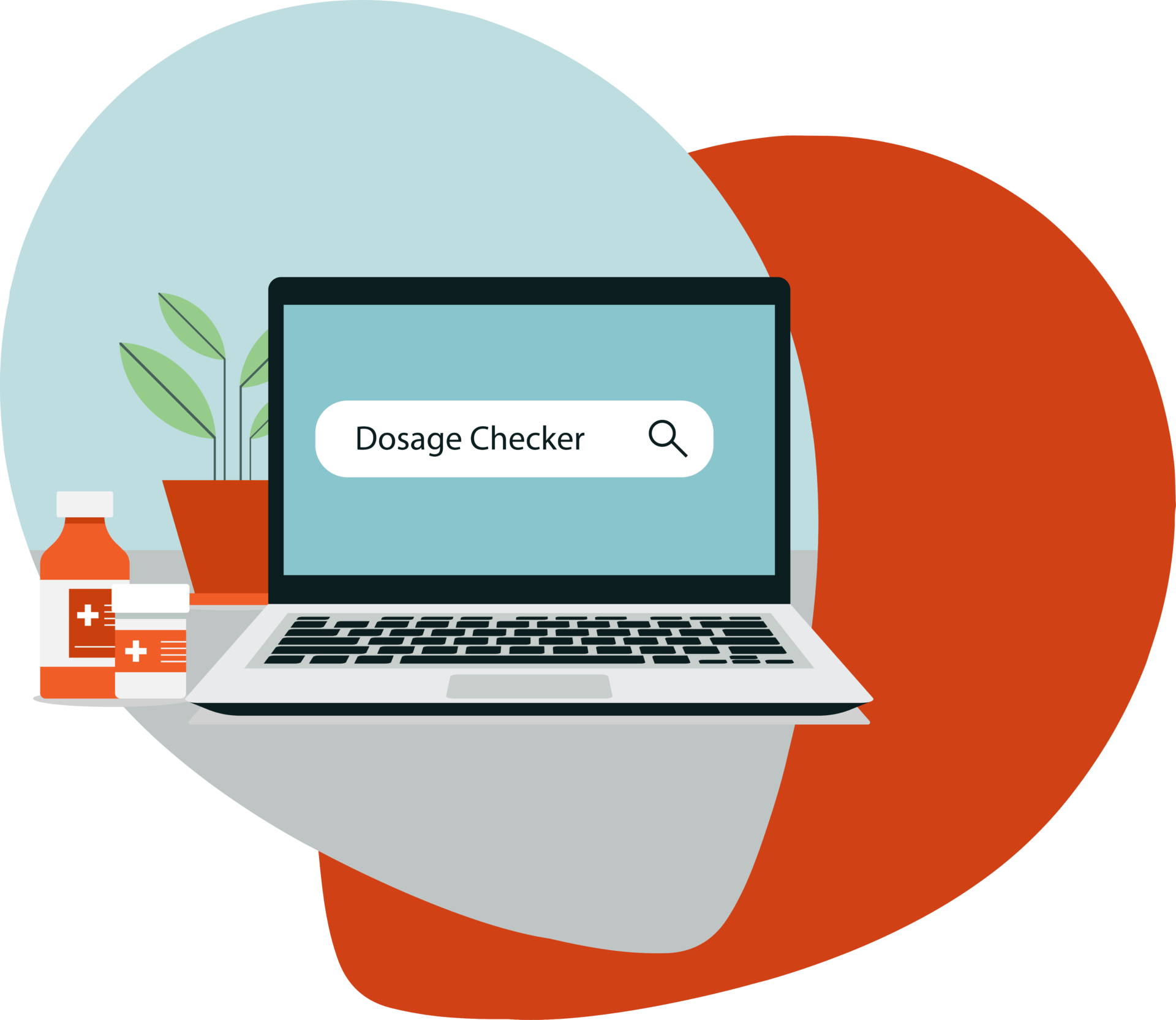Welcome to Dr. Janice Montague- Tuxedo Pediatrics
Welcome to Allied Physicians Group’s Tuxedo Pediatrics office, the practice of Dr. Janice Montague, where children and families come first. Dr. Montague cares for all children from birth through adolescence. We strive to ensure you and your child are always comfortable and informed at every office visit. We take the time to talk with parents, help you understand your child’s needs, and equip you with the knowledge necessary to promote optimal health and wellness.
Schedule Appointment- Existing Patients via Patient Portal
Schedule Appointment- New Patients
Directions to Our Practice
Link to location address257 Lafayette Avenue, Suite 290, Suffern, New York 10901
Phone: Link to location phone number845-369-3550
Fax: Link to location fax number845-369-3552
Link to Schedule a tour pageSchedule an Office Tour!Practice Hours
Monday: 9:30 AM – 1:00 PM and 2:00 PM – 5:00 PM
Tuesday: 9:30 AM – 1:00 PM and 2:00 PM – 5:00 PM
Wednesday: 11:30 AM – 3:00 PM and 4:00 PM – 7:00PM
Thursday: 2:30 PM – 7:00 PM
Friday: 9:30 AM – 1:00 PM and 2:00 PM – 5:00 PM
Saturday: Closed
Sunday: Closed
**Telehealth available daily until 10:30 PM
Our Services
Infancy, childhood, adolescence, and young adulthood are delicate periods for a child. Well visits are an essential part to live a healthy life. It is important to keep up-to-date with your child’s visits and immunizations.
Routine Well Visits
Our pediatricians monitor your child’s growth to ensure they meet all milestones and benchmarks. We provide easy-to-follow care schedules for your child based on age, medical history, and other essential factors.
Well visits include:
- General screenings
- Immunizations
- Lab work
- Physicals
Sick Visits
When your child experiences a common illness, our pediatricians are available to treat your sick child as soon as possible in a compassionate, friendly environment. Patients can also access specialty clinicians should an illness require advanced diagnostic attention or care.
Immunizations
Immunizations and vaccinations are important to shield your little one against preventable diseases, such as whooping cough (pertussis) and measles, which can be extremely dangerous to your children. It is important to stay on top of your child’s immunization schedule by attending all your child’s well visits.
Minor Injury Care
Much like sickness, injuries tend to occur suddenly and without warning. If your child suffers a minor injury and requires medical attention, our pediatricians can apply the treatments needed for proper healing.
View ServiceNo matter where you are, you can rely on us for dependable pediatric care using our telehealth services. Our physicians consult with you via video conferencing to evaluate conditions, manage symptoms, and advise you on proper care—no office visit required!
How Does Pediatric Telehealth Work?
Patients can connect with their doctor virtually through the patient portal. Similar to a FaceTime, Skype, or Zoom call, simply log into your patient portal to get started!
What Can My Pediatrician Evaluate:
- Acne
- Allergies
- Asthma control education
- Behavioral health
- Breastfeeding support
- Colds and other minor illnesses
- Constipation, diarrhea, or vomiting
- COVID-19 (coronavirus symptoms)
- Fever
- Minor trauma screening (cuts, abrasions, animal bites)
- Nutrition support
- Pink eye
- Rash
And much more!
The Pediatric Telehealth Process
Step One – Open your patient portal account
Step Two – Tap “find appointments” and select the type of physician you would like to see along with the reason for the visit
Step Three – Tap “show appointments” and then click on the “online” tab to see available Athena Telehealth appointments
Please tap on the calendar icon to select a date
Step Four – Select the date and time of your appointment
For online appointments, you will see a physician icon with a smaller green camera icon next to it indicating that these are available Athena Telehealth appointments.
Step Five – Review the required patient information fields before tapping “schedule appointment” to book your appointment
You are able to then add your appointment to either your Outlook, Google, or iOS calendar. Please note, if availability is not seen for your primary care physician, please call the office to schedule your telehealth visit.
Preparing For Your Telehealth Visit:
Once your pediatric telehealth appointment is created, you will receive two links. The first link will be a pre-registration and check-in link from Phreesia. The second link will be from athenaOne to either the phone number or e-mail on the account. This will be the link you will utilize for your telehealth appointment. The athenaOne link will bring you to the login for the virtual waiting room before your telehealth appointment.
Once you’re in the virtual waiting room, your physician will be notified you are there and they will join you for the consultation.
Telehealth Hours
Daytime Visits: Monday – Friday 8:00 am to 6:30 pm
After-Hour Visits: Seven Days a Week 6:30 pm to 10:30 pm
To schedule an appointment during daytime hours, please call the office. To schedule an appointment after-hours, please call 833-269-2444.
After-Hours Telehealth Visits
After-hours telehealth visits are available seven nights a week with an Allied pediatrician from 6:30 pm to 10:30 pm. For technical issues or concerns, you can speak with a telehealth coordinator at 833-269-2444 any time after 6:30 pm.
View ServiceIt can be challenging to pinpoint the root cause of behavioral problems. Our behavioral health specialists will work closely with you to help provide personalized care.
Our physicians will consult on care for a wide range of behaviors, including:
- Anxiety
- Depression
- ADHD
- ADD
- Sleep disorders
- Enuresis
- Behavioral problems vs. disorders
- Learning problems
- Eating problems
Mental health is a key component of overall health. It determines how a person thinks, feels, and acts. For developing minds, it can affect learning and the way they navigate their world. Good mental health is paramount to successful growth.
Dr. Montague has a special interest in children’s mental health and how it connects to overall wellness. She has many years of experience treating pediatric behavioral disorders and helping parents and teens navigate the mental health system. She has experience diagnosing and treating simple mental health issues such as anxiety, depression and ADHD, as well as other parenting and learning challenges.
Please see below for helpful outside resources:
NAMI (National Alliance on Mental Health): https://namirockland.org/
Mental Health Association of Rockland: https://mharockland.org/
SAMHSA for substance abuse issues: https://www.samhsa.gov/find-help/national-helpline
Suicide prevention resources:
- Suicide prevention hotline text or call 988 Suicide and Crisis Lifeline
- Hours: Available 24 hours. Languages: English, Spanish
- Office of mental health NYS https://www.preventsuicideny.org/#
Online educational resources include:
Books for kids on mental health: https://childmind.org/article/best-childrens-books-about-mental-health/
View ServicePediatric Care Team of Suffern, New York
Dr. Janice Montague and the team at Tuxedo Pediatrics ensure your family receives the best possible care in Suffern, New York. As members of Allied Physicians Group, our offices have access to a network of pediatricians and specialists to support our pediatric services, solutions, resources, and capabilities for your child’s health. Learn more about our pediatricians and our practice’s commitment to your family.
-
Headshot of Janice Montague, MD

Janice Montague, MD
Read Bio about Janice Montague, MD
Helpful Quick Links
About Dr. Janice Montague- Tuxedo Pediatrics in Suffern, New York
Our office is committed to a culture of civility and respect, providing quality and accessible healthcare to all patients who choose us for their children. We celebrate diversity and honor our differences by making inclusion and acceptance a core value, along with compassion, respect, integrity, and communication.
When you choose Dr. Montague, you can feel confident that you are teaming with a knowledgeable, compassionate doctor who has dedicated her career to child-focused health care. Please do not hesitate to contact our office with questions or concerns. We look forward to meeting you and your family!

Helpful Tools for Your Child's Health
About Allied Physicians Group in New York
Founded in 2006, Allied Physicians Group is the largest physician-owned pediatric partnership in New York metropolitan area. As a physician-led organization, Allied Physicians Group is a growing partnership of more than 35 pediatric practices, asthma, allergy, immunology, pulmonary specialists, and adult medicine physicians, who are located throughout Greater New York City, Long Island, and the lower Hudson Valley region. Each year, the 150 clinicians of Allied Physicians Group see more than 180,000 patients and remain dedicated to comprehensive, quality healthcare for all patients.

Read the Latest Pediatric Blogs from APG Pediatricians
Pediatrician Interview Questions: What to Ask Before Baby Arrives
As you approach the final stretch of your pregnancy, one important step in preparing for your baby's arrival is choosing…
Read More about Pediatrician Interview Questions: What to Ask Before Baby ArrivesHow Soon After Birth Should Your Baby See the Pediatrician?
After the whirlwind event of welcoming a new baby into the world, one of the first real-world adventures you embark…
Read More about How Soon After Birth Should Your Baby See the Pediatrician?What To Do When You Choose a Pediatrician: Next Steps
What To Do When You Choose a Pediatrician: Next Steps Congratulations! You've navigated the maze of how to choose a…
Read More about What To Do When You Choose a Pediatrician: Next Steps




